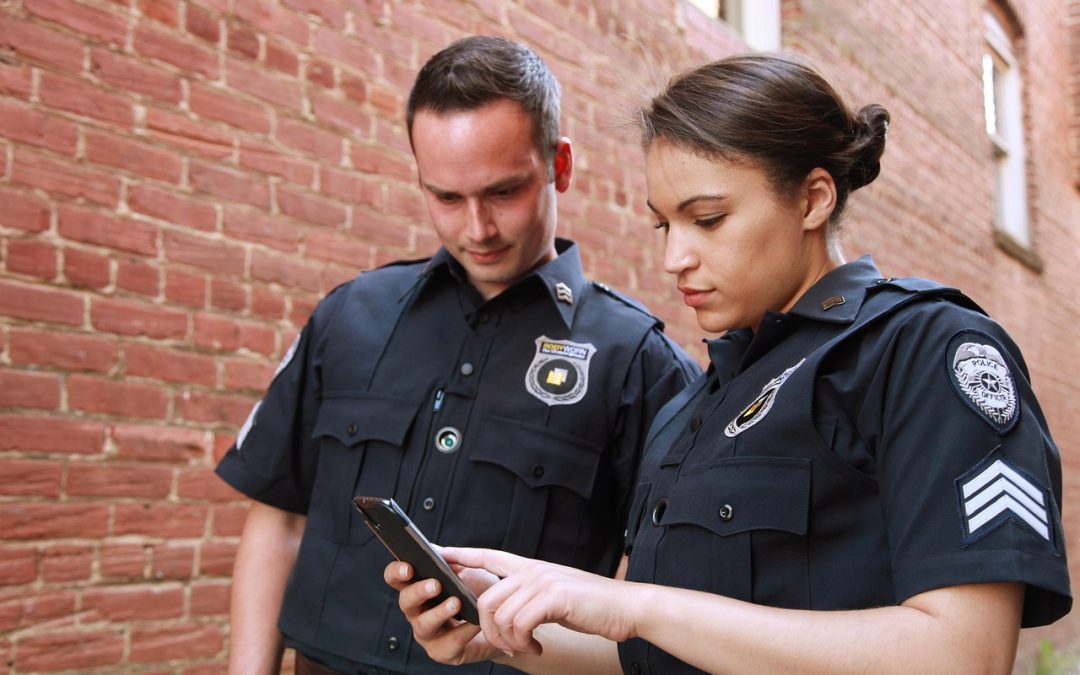In everyday life, you might find yourself in a situation where a law enforcement officer approaches you and starts asking questions or requesting your identification. It’s essential to remember that you have the right to ask, “Am I being detained?” This simple question can help clarify the situation and ensure that your rights are respected.
Understanding Detention and Its Implications
In the United States, the Fourth Amendment protects individuals from unreasonable searches and seizures. When an officer stops you, they must have either reasonable suspicion or probable cause to do so. If you’re being detained, it means the officer has a legitimate reason to believe you’re involved in criminal activity. However, if you’re not being detained, you’re free to leave.
Asking the Right Question: “Am I Being Detained?”
When you ask, “Am I being detained?”, you’re seeking clarification on your status. If the officer says you’re not being detained, it means you’re free to leave. But if they say you’re being detained, it’s essential to remain calm and assert your rights. You can ask for a lawyer and refrain from answering any questions.
Remember, You Have Rights
As the Supreme Court Justice Robert Jackson once said:
“If the police can pick someone up whenever they do not like the cut of his jib, the police are likely to pick up people who are not ‘undesirable’ and give them a going over.”
In this context, it’s crucial to assert your rights while remaining respectful and cooperative. Remember that you have the right to remain silent, and you can request a lawyer if you’re being detained.
Stay informed about local laws and regulations, and always prioritize your safety during interactions with law enforcement. By knowing your rights and asserting them calmly, you can help ensure a peaceful and respectful outcome.
The information at Observed.Org may not pertain to every jurisdiction. It is YOUR responsibility to know your rights and observe them. Nothing here should be considered legal advice.

